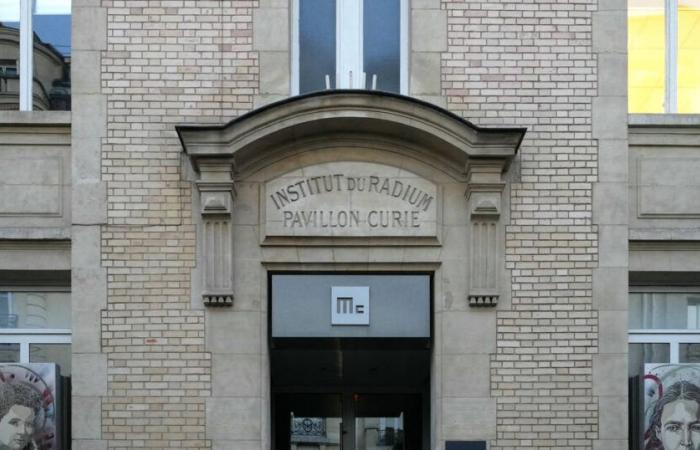Interview
Article reserved for subscribers
Intended for patients with metastatic cancer who have failed treatment, vectorized internal radiotherapy made its debut this fall at the Institut Curie. The head of the nuclear medicine department, Laurence Champion, explains what this changes.
Since mid-October, the Institut Curie has been offering vectorized internal radiotherapy (IVR) in its hospital in Saint-Cloud (Hauts-de-Seine) as part of the treatment of metastatic prostate cancer, an advanced phase of the disease which manifests itself by the formation of tumors originating from cancer cells and which have migrated to other areas of the body – most often on the bones for this cancer. The advantage of the treatment: unlike external radiotherapy, which targets a circumscribed area, vectorized internal radiotherapy is distributed throughout the body and allows metastases to be widely searched for, particularly those difficult to detect during medical examinations.
RIV was already authorized and practiced by the Institut Curie, but only for rare tumors. The novelty here is to use it on a disease as common as prostate cancer. With nearly 60,000 cases per year in France, it is in fact the leading male cancer and was responsible for 8,000 deaths in 2018, according to a study carried out between 1990 and 2018. If the High Authority for Health (H
Health






